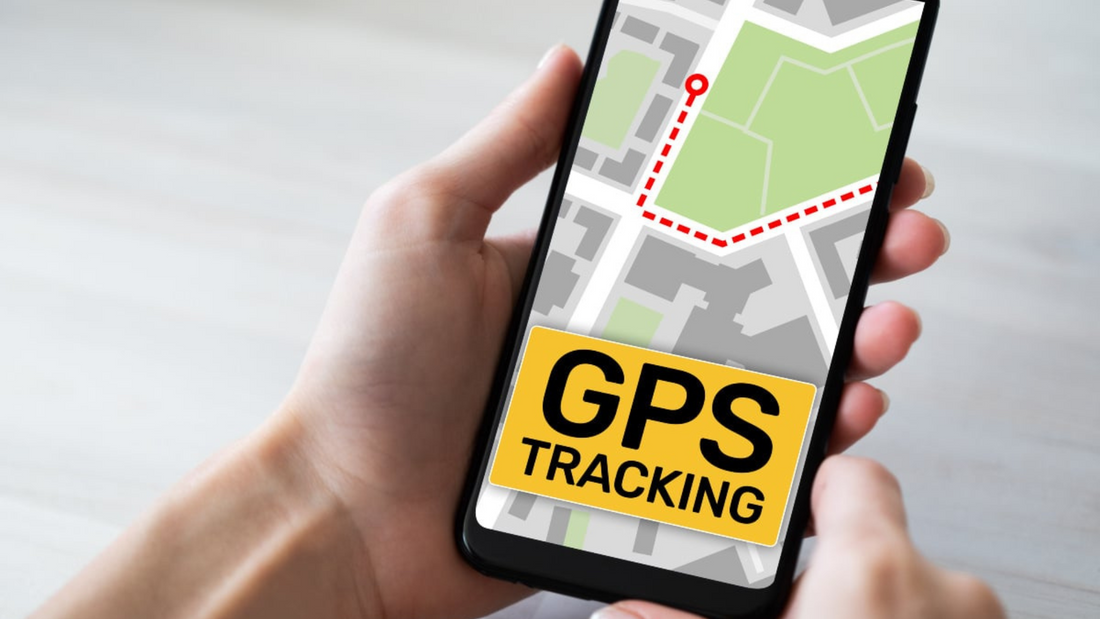
Personal Alarms: Why GPS Tracking Matters
Share
Personal alarms have long been a lifeline for people who live alone, especially older adults. Traditionally, these devices connect to a monitoring centre via a land‑line, but the UK’s digital switchover and growing demand for independence are driving a shift towards fully mobile devices.
A key feature of modern alarms is GPS tracking. Because the alarm is digital, it works at home and when the wearer is out and about. Protect Alert’s emergency pendant has 99% UK coverage, so responders can find someone quickly wherever they are, and carers can check their location if they have a tendency to wander. This article explains what GPS personal alarms are, how they keep you safe, and why they’re a sound investment in independence and peace of mind.
What is a GPS personal alarm?
A GPS personal alarm is a wearable device that utilises mobile networks and global positioning system (GPS) technology to send alerts and share the wearer’s location with caregivers or emergency response teams. Instead of relying on a home landline, it connects through a multi‑network SIM, meaning it works at home and when you are out and about. Some models include automatic fall detection and a built-in speaker and microphone, allowing you to talk directly to the response team with 99% coverage of the UK.
These alarms are designed to be discreet and easy to wear. Most come as pendants or wristbands and are water‑resistant enough to be worn in the bathroom. They have long battery life and send reminders when it is time to charge them, ensuring that help is always available when needed.
How GPS tracking keeps you safe anywhere
The greatest advantage of a GPS personal alarm is that it works beyond the boundaries of your home. Because it uses a mobile connection, the alarm will send an alert even when you are in the garden, at the shops or visiting friends. If you need help and are unable to speak, the GPS data allows responders or relatives to find you quickly and accurately.
For people living with conditions such as dementia or those who enjoy an active lifestyle, this extra level of safety can be reassuring. Family members know they will be notified of the wearer’s location if something goes wrong and can respond without delay. In addition, the ability to speak directly through the alarm’s speaker and microphone means you can explain what has happened and receive reassurance while help is on the way.
Benefits of Personal Alarms with GPS Tracking
Personal alarms have always provided peace of mind, but GPS tracking takes that reassurance further. Users can maintain their usual routines without worrying about losing connection when they step outside. Carers and relatives gain confidence knowing that the alarm will function wherever the wearer goes, not just in the vicinity of a base unit. Automatic fall detection, which senses hard falls and sends an alert without any button press, is another key benefit. Together, these features help people stay active and independent while ensuring that assistance is always available.
Key features to look for
When choosing a GPS personal alarm, consider the following features:
- Multi‑network connection: A device that uses a SIM to connect to the strongest available mobile network means you don’t need a land‑line and can enjoy coverage across the UK. This future‑proofs the alarm against the ongoing digital switchover and ensures it will work even during power cuts.
- Fall detection: Look for alarms that automatically alert the response centre if they detect a hard fall. This is vital if you lose consciousness or cannot press the button yourself.
- GPS location sharing: The device should transmit your location when activated so carers can find you quickly.
- Two‑way communication: A built‑in speaker and microphone allow you to speak directly to responders, giving them vital information about your situation.
- Water resistance: Because slips often occur in bathrooms, choose an alarm that is water‑resistant and designed to be worn in the shower.
- Ease of wear: Consider whether you prefer a pendant, wristband or belt clip. Modern alarms offer multiple wearing options.
Why choose Protect Alert’s GPS personal alarm?
At Protect Alert we provide digital personal alarms that offer all the features above and more. Our devices use a multi‑network SIM to ensure they work wherever there is mobile coverage, so you can go about your day without worrying about losing connection. If you fall, the alarm automatically detects the impact and notifies our UK‑based monitoring team, who answer calls quickly and can summon assistance immediately. The built‑in GPS module lets your loved ones know exactly where you are, and the two‑way communication means you can speak to our team while help is on the way. Our alarms are water‑resistant and comfortable to wear, whether you choose a pendant or wrist strap. To explore the options and find the right alarm for your needs, visit Protect Alert's personal alarm range or speak with our friendly advisers.
Final thoughts
Moving to a GPS‑enabled personal alarm is a straightforward way to protect yourself or someone you care about. Unlike traditional land-line-based systems, GPS alarms work wherever you go and allow responders to find you quickly if an incident occurs. By choosing a device with features like fall detection, two‑way communication and water resistance, you’re investing in independence and safety. Protect Alert’s digital alarms make it easy to stay connected, giving peace of mind to users and their families. To learn more or arrange a free consultation, get in touch with us today.